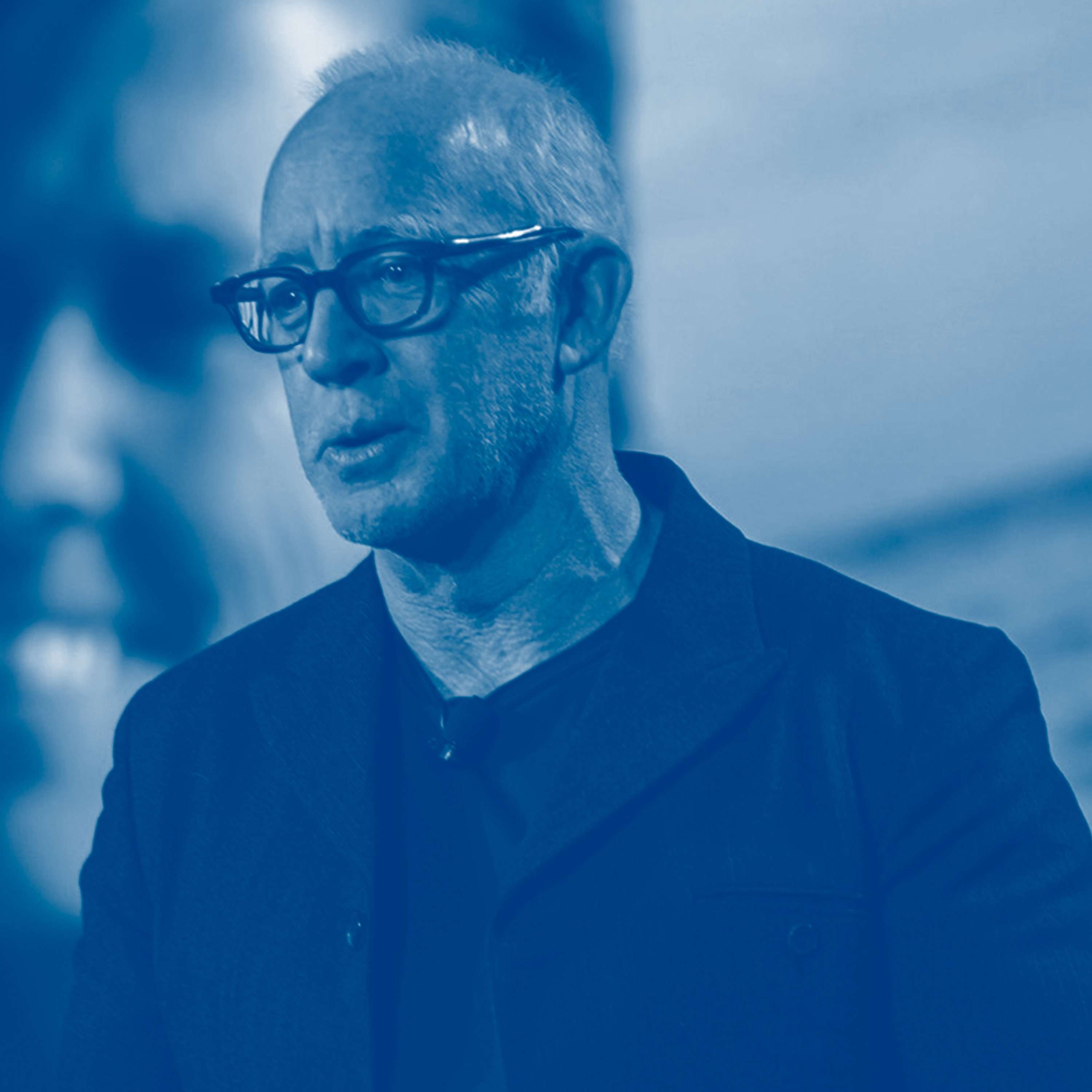Ep. 260 - Jonathan Brill, Author of Rogue Waves: Future-proof Your Business to Survive and Profit from Radical Change on Growth, Innovation, and Decision Making
Description
On this week's episode of Inside Outside Innovation, we sit down with Jonathan Brill, author of the new book Rogue Waves: Future-proof Your Business to Survive and Profit from Radical Change. Jonathan and I discussed the coming rogue waves of change and how to prepare your company for resilient growth, innovation, and decision making under uncertainty. Let's get started.
Inside Outside Innovation is the podcast to help you rethink, reset, and remix yourself and your organization. Each week, we'll bring the latest innovators, entrepreneurs, and pioneering businesses, as well as the tools, tactics, and trends you'll need to thrive as a new innovator.
Interview Transcript with Jonathan Brill, Author of Rogue Waves
Brian Ardinger: [00:00:30 ] Welcome to another episode of Inside Outside Innovation. I'm your host, Brian Ardinger. And as always, we have another amazing guest. Today we have Jonathan Brill. He is the author of the new book, Rogue Waves: Future-proof Your Business to Survive and Profit from Radical Change. Welcome to the show Jonathan.
Jonathan Brill: [00:00:58 ] Thanks. It's a pleasure to be here.
Brian Ardinger: [00:01:00 ] Well, I'm excited to have you on the show to quite frankly learn about what you've seen over your amazing career, when it comes to innovation. To give the audience some context. You are a senior leader and global futurist at Hewlett Packard. Creative director at Frog Design. You've probably helped create over 300 plus products in the innovation firms that you've worked in.
And you've been a contributor to Ted and Singularity University and Forbes and Harvard Business Review. And the list goes on and on. Now you've got a new book coming out. So, I really wanted to dive right into it. The title of the book is called Rogue Waves. So, let's start there. What is a rogue wave and why should companies start preparing for them?
Jonathan Brill: [00:01:38 ] So in the deep ocean, literally out of nowhere at the snap of a finger, 120-foot wave and pop up and sink you know, a 600-foot ship. We used to not think these things were real. We thought they were kind of sailors’ tales, but it turns out that as we're having better tracking and satellites and whatnot, that these things are happening every day in a major storm, that one of these things might pop up about every eight or 10 hours.
So, the issue isn't that rogue waves are rare it's that the world is large. And to use that metaphor and in many ways, the same types of mathematics apply. We're moving faster as a society. We're becoming more connected as a society. The reason, and so more freak occurrences will occur, and when they do, you'll see more contagion, you'll see more movement between those occurrences.
And so, when you think about business. When you think about something like COVID right, why did COVID happen? And SARS was a pandemic. It didn't scale in the same way. Mers was a pandemic. It didn't scale in the same way. Lots of reasons.
But I would argue that the biggest was we've put a population, the size of Los Angeles into the wilderness and outside of WuHan. So, we increased density, but we did that at the scale of literally the population of the United States and China, over the last 20 years or so. Connected them by 16 high-speed rails.
Since 2010, we've increased travel out of China by 10 times, making China the largest spender on tourism in the world. Literally coming from out of nowhere and that didn't just happen in China. It happened in India. It happened across Southeast Asia and it's happening in Africa.
And so, what was containable, 10 years ago, or 20 years ago, is suddenly not containable today. Not because of the disease, but because of all of the things that surrounded. All of those overlapping trends that surrounded. And when you think about a rogue wave, that's what it is. It's these independently manageable waves of change that overlap to become massive and unmanageable.
Brian Ardinger: [00:03:43 ] It's not the one particular thing that is necessarily the disruptor. It's the blending of emerging technologies and changing demographics, and the data economy, and all of this colliding at once that creates that seismic events so to speak.
Jonathan Brill: [00:03:57 ] Absolutely. And there are something like 10 major trends. And I picked these because they're the 10 sort of highly trackable trends by analysts and whatnot. And they tend to be highly quantifiable trends, that are overlapping over the next 10 years to virtually guarantee that the next decade will be more volatile than the last decade.
And so, what that means is that we'll have more risk. Risk is a measurement of volatility change over time. And most people sort of, a lot of traditional risk management looks at that and says, okay, well, how do we push back the future? How do we protect ourselves from it?
But the reality is when a rogue wave comes at you, you cannot protect yourself from it. What you can do is position yourself to try and ride it. Be more resilient. And if you're more resilient, take advantage while your competitors are trying to recover from being capsized.
That's a radically different way of looking at the future. Looking at the world, then business schools have been teaching us for the last 30 or 40 years. They kind of assume that even though new competitor might disrupt you, and a new technology might disrupt you, that the rules that the playing field, the game board will stay the same. And that's simply not true anymore.
Brian Ardinger: [00:05:13 ] Do you think companies are getting it so to speak? I mean, obviously COVID was a major factor, I think for most individuals and companies alike. Where I think we've been talking about change and disruption, you can see examples throughout the ages about this. But rarely did it hit everybody at the same time. So, are you seeing companies being able to fundamentally grasp that this type of change is here? And are they getting better or worse when it comes to navigating this type of change?
Jonathan Brill: [00:05:40 ] So within that question, there are so many other questions, right? At the board level, is there an awareness that we need to focus on resilience? Yes. The number or percentage of meeting topics on agendas, that are focused on resilience has gone through the roof. The number of topics that have focused on innovation and other things is also dropped through the roof.
And so, I don't know that at the investor level, at the board level, we yet understand that resilience and growth are intertwined issues. You can't focus on one without the other. It's a balance because if you don't have that resilience, if you don't know where to position yourself, it doesn't matter that you're better, you're faster. That you have a life jacket, right? Like you're still out at sea.
Brian Ardinger: [00:06:30 ] So tell me about this book. How did it come about? And what's in it for the readers?
Jonathan Brill: [00:06:35 ] I spent the last several years at HP as the Global Futurist. And a lot of our study was looking at long-term change. What could happen? What risks did we think were static risks? Like hundred-year pandemics that were actually dynamic risk. And so, if you are in that community of people who look at these things, pandemics were becoming more and more and more likely over time....

























